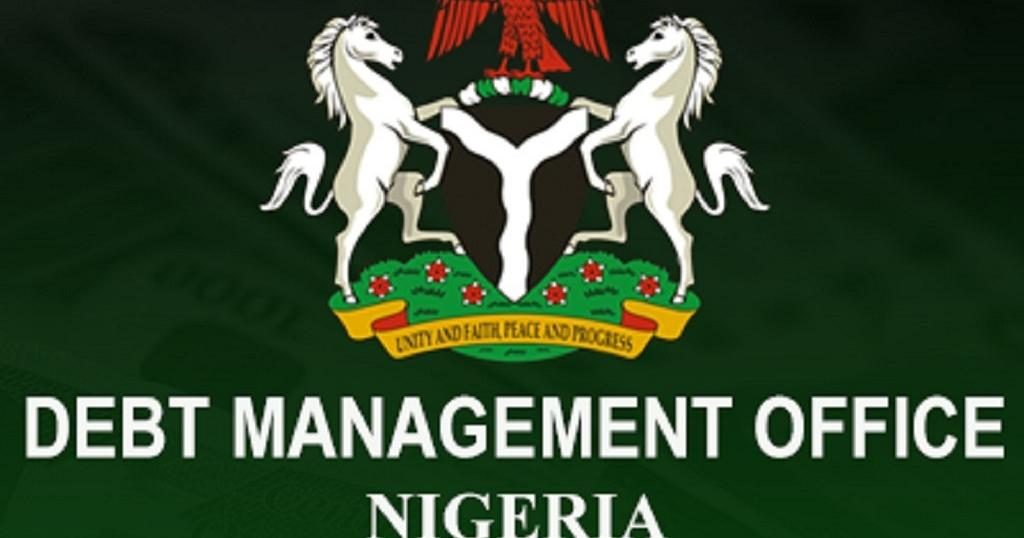Debt Management Office, DMO, Tuesday, stated that the federal government would tap concessionary long-term loans to finance its 2019 budget, in addition to borrowing at home
It also stated that the federal government had no plan to float Eurobond this year.
The Director-General, DMO, Patience Oniha, who stated these at an Islamic finance conference in Lagos, said after a sixth outing in November 2018, the federal government raised $2.86 billion and would no longer go for Eurobond this year.
Oniha said: “The government has said it wanted to tap concessionary long-term loans to finance its 2019 budget in addition to borrowing at home.”
Asked whether the government would consider a US dollar- denominated Eurobond, Oniha said: “For 2019, given the process, I would say no.”
Foreign borrowing for the 2019 budget is set at N802 billion ($2.7 billion).
Nigeria, which emerged from recession last year, has borrowed abroad and at home over the past three years to help finance its budgets and to fund infrastructure projects, but debt servicing cost is also rising.
Meanwhile, Mr. Oscar Onyema, the Chief Executive Officer, Nigerian Stock Exchange, NSE, in his remarks, said: “The Islamic finance sector has grown noticeably over the years, from about $1.5 trillion in 2016, to about $2 trillion in 2018, driven by growth in Islamic Banking assets as well as growth in Sukuk issuances.
”This growth has largely been concentrated within GCC region and in Asia. However, recent data suggest that Islamic financing is beginning to take root in Africa, with issuers across Gambia, Sudan, Senegal, Ivory Coast, Togo, as well as Nigeria in more recent times.
”Clearly, Islamic finance represents a turning point and a new paradigm for the financing of infrastructure in this country.”

